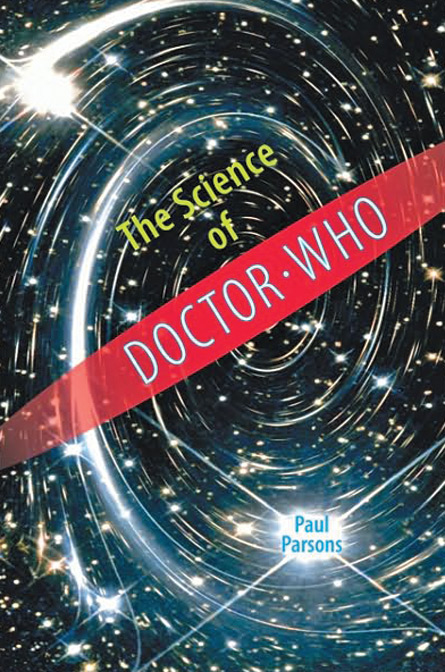Book Review: The Science of Doctor Who by Paul Parsons
Review by Erika Engelhaupt
http://www.amazon.com/gp/product/080189560X?ie=UTF8&tag=sciencenews06-20&linkCode=as2&camp=1789&creative=9325&creativeASIN=080189560XThe real science of fake science sounds like a recipe for factual disaster. But this exploration of the long-running TV series delivers on its promise to answer the kinds of questions raised by the best of science fiction. The book takes readers on a satisfying romp through labs around the world where the show’s fantastical ideas are explained and, in some cases, shown moving closer to reality.

Doctor Who stars the time-traveling, self-regenerating 900-year-old Doctor, who uses futuristic technologies to protect humankind from aliens. Now on its 11th Doctor (with a new actor for each regeneration), the show serves as a perfect entry point for exploring a wide range of science topics, from general relativity to human evolution.
Parsons, a cosmologist and science writer, starts with the Doctor’s unusual biology before tackling major show themes such as space and time. He explains the fictional conceits as well as the real related science. Along the way, Parsons meets dozens of scientists, including Who fans with offbeat insights. The tone is light and humorous, and the book’s simple illustrations reveal the physics behind, say, a real version of the Doctor’s sonic screwdriver (it involves structure-acoustic linear ultrasonics).
A lifelong Who fan, Parsons shows off his encyclopedic knowledge of the Whovian universe. But even for those new to the show, or just looking for a soft entry into particle physics, this is summer science reading at its most indulgent.
Johns Hopkins Univ. Press, 2010, 294 p., $24.95.